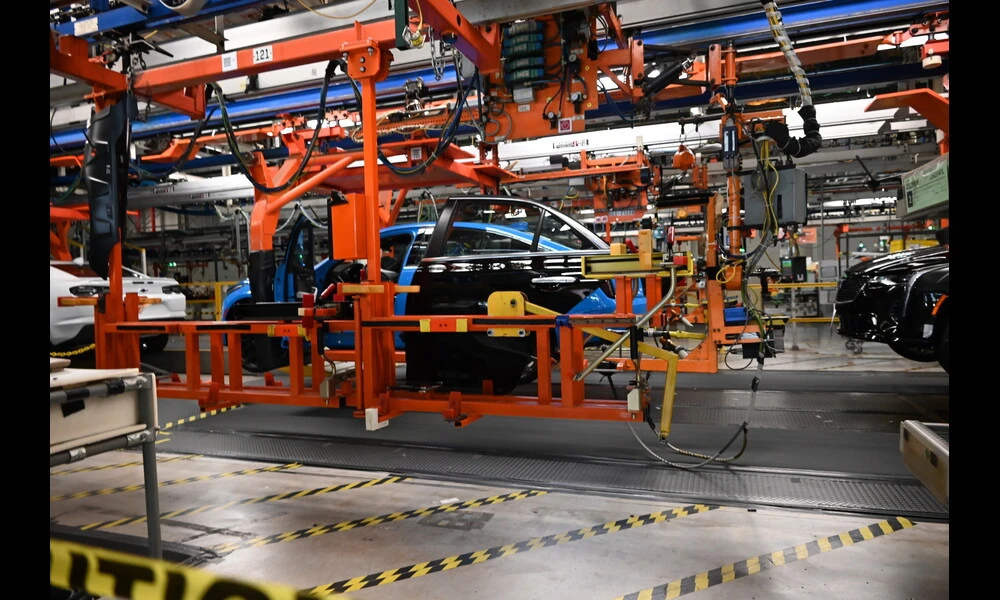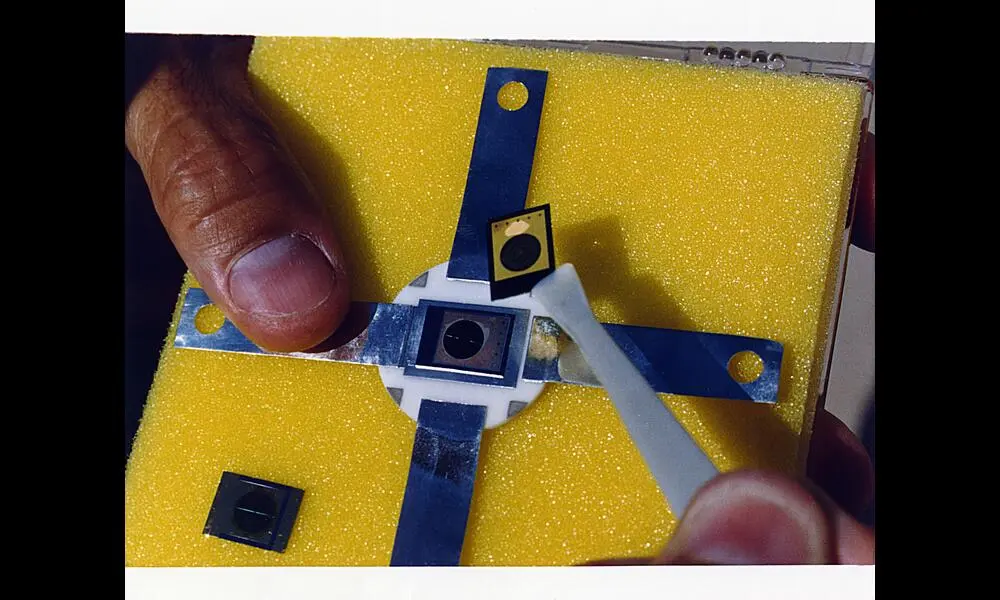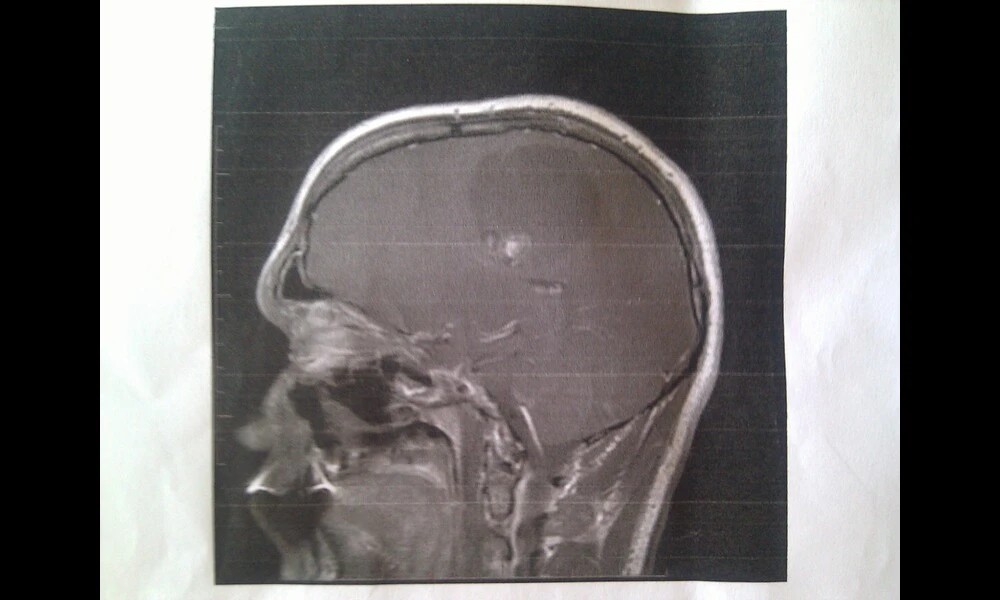New Intelligent Assistant for Manufacturing Processes
Published on Wed Aug 09 2023 Door mating -- Lansing Grand River automobile assembly plant production line | Joe Ross on Flickr
Door mating -- Lansing Grand River automobile assembly plant production line | Joe Ross on FlickrNew research has developed an intelligent assistant called Fountain that can help identify risks during the manufacturing process. Deviations from approved designs or processes can often lead to unforeseen risks, leading to warranty claims and costly failures. Fountain aims to address these challenges by combining finetuned language models with knowledge representation to provide explainable and consistent recommendations.
In the manufacturing industry, it is common for product design and production process characteristics to be specified and approved before mass production starts. However, there are occasions when changes need to be made, such as using a different material or adjusting the production sequence. These changes can introduce new risks that may affect product quality and lead to warranty claims. It is crucial to identify and mitigate these risks early in the workflow.
Fountain acts as a contextual assistant integrated into the deviation management workflow. It analyzes descriptions of the existing design and process criteria, as well as proposed deviations, to identify potential risks. The assistant utilizes language models specifically trained for the manufacturing domain and a knowledge representation derived from bill of materials, Failure Modes and Effect Analysis (FMEA), and customer-reported failures.
The researchers conducted a user study to validate the quality of Fountain's recommendations. In the first stage, three voluntary expert users provided detailed feedback on multiple deviations. In the second stage, anonymized tests were conducted with a different set of expert users, who rated the recommendations using like and dislike buttons. The results showed that the majority of deviations received useful and applicable recommendations from Fountain, indicating its effectiveness.
Future work includes extending Fountain's capabilities to problem-solving and continuous improvement methods like Eight Disciplines of Problem Solving (8D), Kaizen, and Lessons Learnt and Best Practices. The researchers also plan to enable multiple teams to train and evaluate their own domain-specific language models for various engineering and manufacturing applications.
Overall, Fountain offers a promising solution to help manufacturing organizations identify and mitigate risks during the deviation management process. By leveraging language models and knowledge representation, it provides explainable recommendations that can improve the efficiency and effectiveness of quality control processes in manufacturing.



